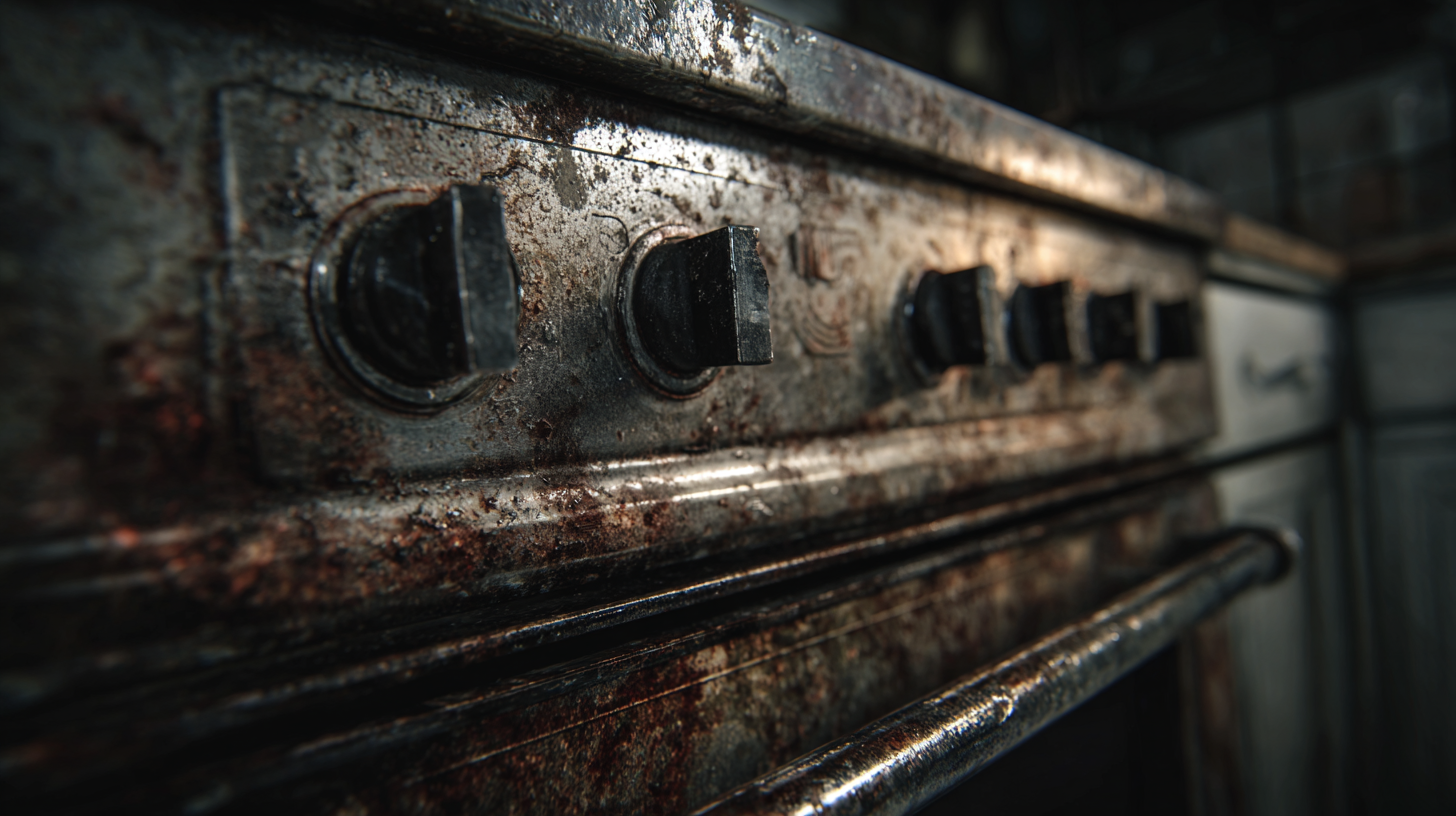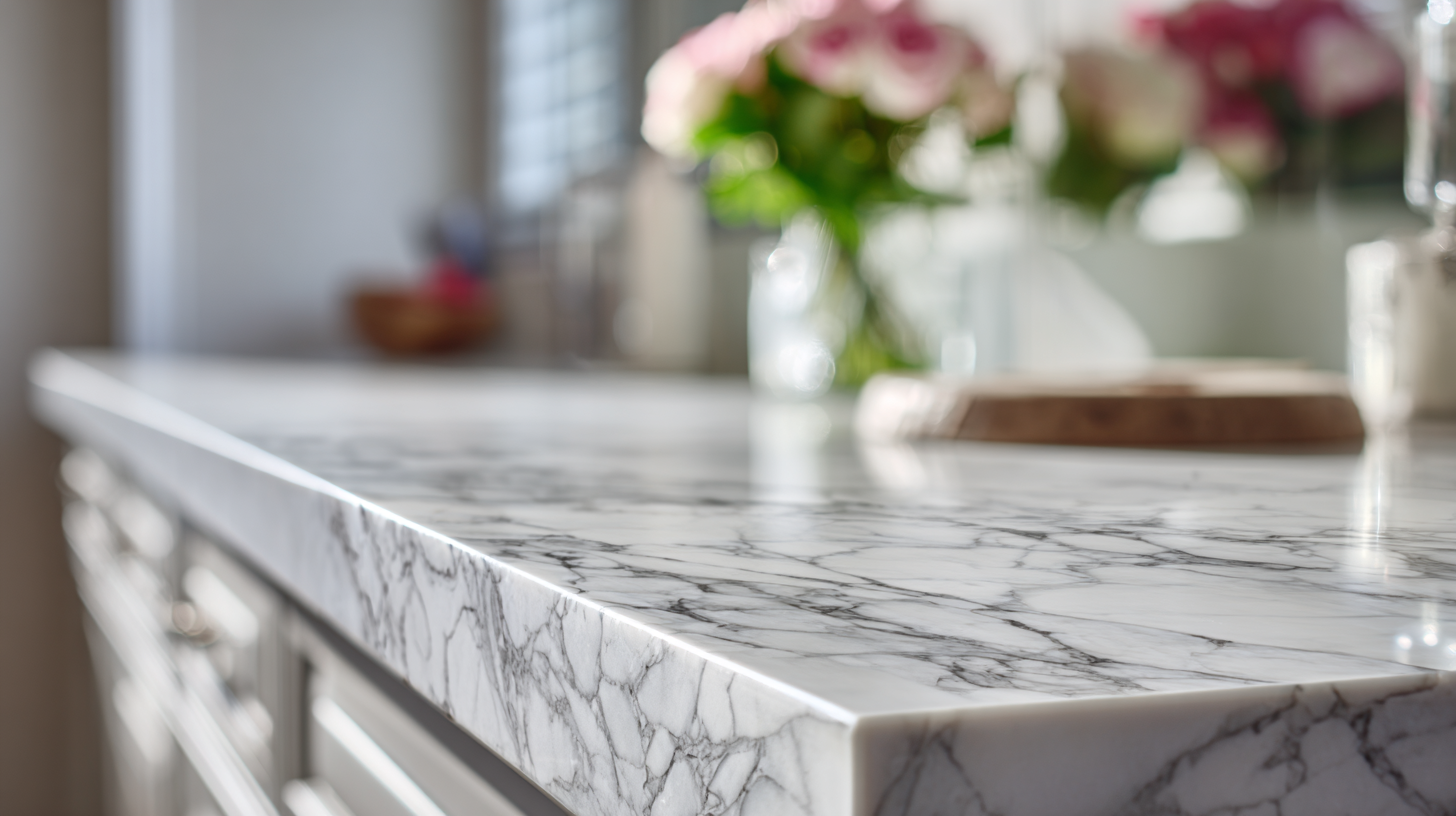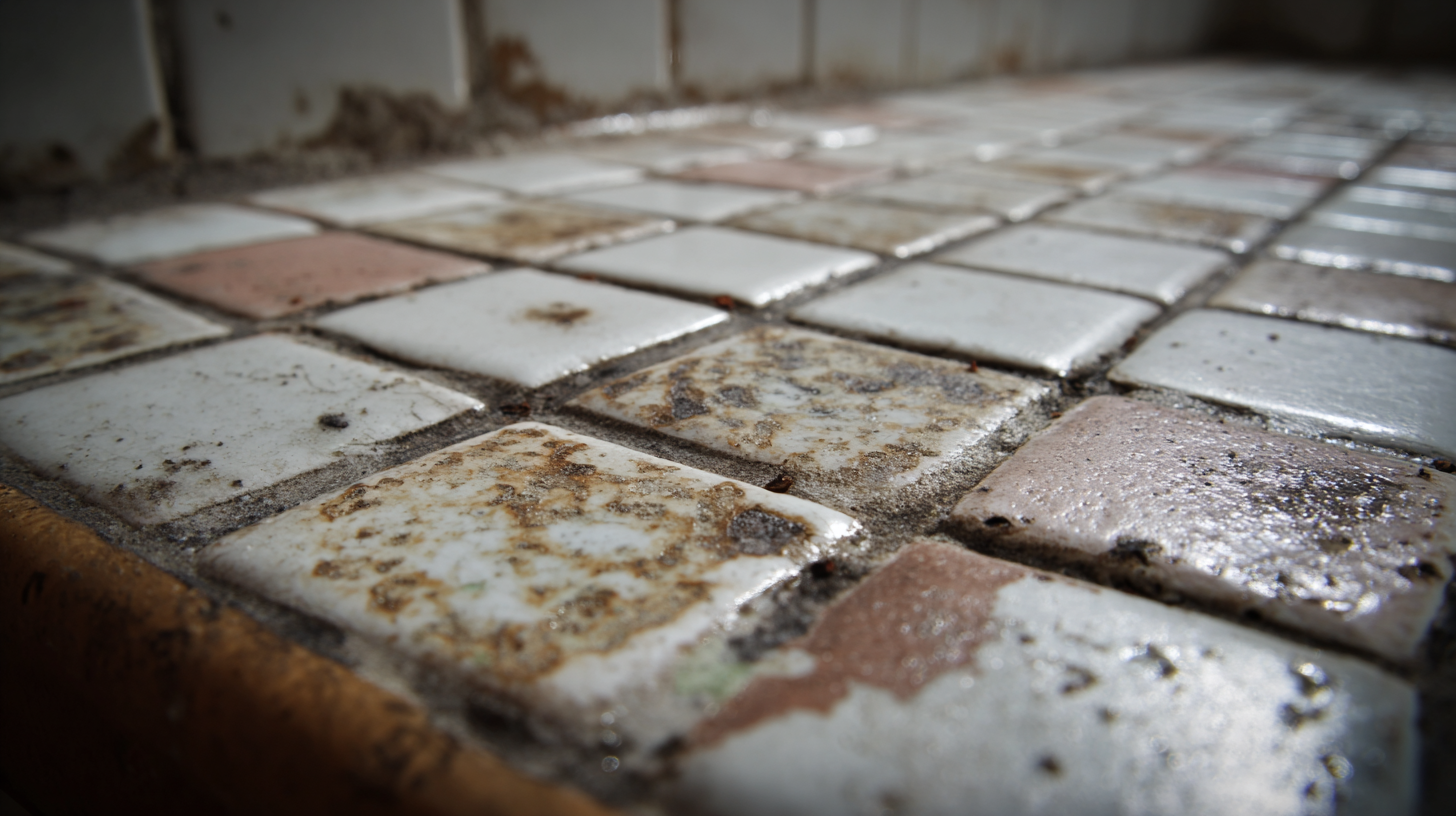Why deep cleaning ovens, refrigerators and microwaves matters
Keeping ovens, refrigerators and microwaves deep cleaned is about more than having a shiny kitchen. It is a matter of food safety and hygiene. Leftover spills and crumbs in an oven or microwave can harbor bacteria and even mold that may contaminate your meals, and in our humid Huntsville and Madison climate those problems can develop faster than you expect. Refrigerator coils and door seals collect red clay dust and seasonal allergens that blow in with open windows and porch traffic, and a forgotten spill in the crisper drawer can lead to slow leaks and bad smells. By removing trapped food, bacteria and mold you reduce the chance of cross contamination when you cook or store food, and you protect your family from preventable illnesses. Quick actions you can take include wiping up spills as soon as they happen, steaming the microwave to loosen splatters before wiping, and checking fridge door gaskets for sticky residue so cold air stays sealed in.
There are also practical benefits when it comes to performance, energy efficiency and avoiding costly repairs. Cleaner heating elements in an oven and clean coils under a refrigerator let those parts run more efficiently and last longer, which saves energy and reduces wear over time. Eliminating odors early keeps guests from noticing musty or burnt smells when you are hosting friends and family, and regular inspections help us spot small problems like a frayed oven cable or a failing gasket before they become big repairs. Expect a thorough deep clean to take anywhere from an hour for a single appliance to a few hours for a full kitchen, and most homeowners find a deep clean every three to six months keeps things manageable, with light weekly maintenance in between. If you are short on time, see stubborn grime, persistent odors, visible mold, or electrical concerns our team is ready to help and you can easily book online for a professional kitchen appliance deep clean. We offer experienced technicians who work quickly and safely so your appliances stay healthy and efficient.
Prepare safely before you begin any appliance deep clean
Before you start scrubbing ovens, refrigerators, or microwaves, take a few minutes to get the area safe and organized. Start by following our safety checklist in this order. First disconnect power or turn off the breaker, then turn off the gas supply if applicable, next ventilate the area by opening windows and running fans, put on gloves and eye protection, and finally protect counters and floors with towels to catch drips and red clay dust that tends to blow in around Madison and Huntsville. Powering down and isolating appliances means unplugging cords or flipping the right breaker so you do not accidentally energize heating elements while you work. If you have a gas range, close the gas valve and double check that the knobs are in the off position. Good ventilation is especially important here because our humid Alabama air can trap smells, and you do not want cleaning fumes lingering when you are getting ready to host friends and family after a deep clean.
Gather the right supplies and choose gentle tools so you clean effectively without damaging finishes. We recommend mild cleaners, baking soda, distilled white vinegar, microfiber cloths, soft brushes, a plastic scraper, and a basin for soiled parts such as shelves and trays. Use baking soda paste or a mild cleaner on enamel and porcelain, a microfiber cloth and a soft brush on stainless steel to avoid scratches, and a plastic scraper for stubborn baked-on grease in ovens and microwaves. Remove shelves and soak them in the basin while you clean seals and crevices with a soft brush. Always avoid harsh abrasives on enamel or stainless finishes and never mix cleaners that can produce fumes. Test any cleaner in an inconspicuous spot first, let parts dry completely before reconnecting power, and if you would rather leave it to professionals our team at Huntsville Maid Service offers appliance deep cleans you can book online so your kitchen is safe, spotless, and ready for the next gathering.
Oven cleaning methods for self-cleaning and conventional ranges
When deciding between the self-clean cycle and a manual clean, think about how heavy the soil is and who is sensitive to smoke or dust in your household. The self-clean cycle is great for ovens that have baked-on grease from holiday meals or lots of cooking over time, because it uses very high heat to turn residue into ash so you can simply wipe it away. That high heat can set off smoke or odors, and it can stress the oven door gasket and racks that are not rated for self-cleaning, so we recommend using it when the home is well ventilated and no one in the house has severe allergies or asthma. In our area, with humid summers and red clay dust that can cling to surfaces, a self-clean can be an efficient option after big hosting weekends, but only if you first check your owner manual and remove any racks or accessories that the manufacturer says are not self-clean safe.
For routine care and for conventional ranges, a manual method is often the safer, more controlled choice. Start by removing the racks and letting them soak in warm, soapy water so grime can loosen up. While those soak, mix a paste of baking soda and water and spread it over the interior soils, avoiding the heating elements and any exposed insulation. Let that paste sit for several hours or overnight to break down heavy residue. Afterward, wipe away the paste and softened soil with a damp cloth and a mild cleaner, using a plastic scraper or a soft brush for stubborn spots to avoid scratching. Rinse thoroughly and dry everything, and be sure to clean the door glass with a non-abrasive cleaner and inspect the oven door gasket for cracks, compression, or loose areas that could let heat escape. For racks and drip pans, soaking is usually enough for most spills; for burned-on residue you can use the baking soda paste on the rack or let the drip pan sit in a heated soapy bath to loosen carbonized grease, but avoid harsh metal scrapers that will damage finishes.
Safety is key whether you choose self-clean or manual cleaning. High-temperature cycles lock the door and can reach temperatures that stress gaskets, cause smoke, or trigger nearby fire alarms, so monitor ventilation and follow your manual. If the oven continues to smoke after cleaning, the door gasket shows visible damage, the door does not seal properly, heating is uneven, or you notice electrical odors, those are clear signs to seek professional service rather than continuing with DIY fixes. Our team at Huntsville Maid Service offers experienced oven cleaning and deeper maintenance when needed, and you can book online to schedule a service that fits your routine and keeps your kitchen ready for the next family gathering or weeknight dinner.
Refrigerator deep clean without harming seals or temperature controls
Before you roll up your sleeves, remove perishables, transfer chilled items to a cooler, and unplug or switch to a warm setting if defrosting is required. That protects food safety and gives you access to every corner without fighting ice buildup. While you work, keep cold items in a cooler with ice packs and check expiration dates as you go. Our team at Huntsville Maid Service always recommends discarding anything that looks or smells off, especially in our humid climate where spoilage can happen faster. We also pay attention to the timing of a deep clean if you are hosting, since weekend entertaining in Madison and Huntsville means fridges see heavier use and can trap odors from red clay dust and seasonal allergens.
Start the cleaning sequence by removing shelves and bins to wash in warm, soapy water, using warm rather than hot water to avoid warping plastic components. Then wipe the interior with a mild solution of baking soda and water and rinse with a clean damp cloth to prevent residue. Next, clean door gaskets gently with the same mild solution and a soft brush or cloth, taking care to get into the folds and to dry the gaskets thoroughly so mold and moisture do not compromise the seal. Finally, vacuum the coils and clean the drip pan to improve efficiency and reduce dust buildup that is common here in the Tennessee Valley. For deodorizing, leave an open box or small dish of baking soda in the fridge after it is dry to absorb lingering odors. After everything is back in place and the unit is plugged in, let the temperature stabilize and then check and adjust your settings to the recommended range so food stays safe and the compressor runs properly. If you prefer to leave this to professionals, our team can deep clean your refrigerator safely and thoroughly. You can book online and we will handle the heavy lifting while protecting seals, mechanics, and your food.
Microwave and compact appliance cleaning to remove grease and odors
When we tackle microwave and compact appliance cleaning the steam method is our go to because it is quick, effective, and gentle on interiors. Start by filling a microwave safe bowl with water and a few tablespoons of vinegar or lemon juice, then heat until it comes to a rolling boil and let the steam sit for several minutes so soils and grease loosen. Carefully remove the bowl using oven mitts and wipe the interior with a soft cloth, paying attention to corners and the ceiling where grease likes to hide. We always remove the turntable and wash it separately in warm soapy water, and for vents and small crevices we use a soft brush or a damp cotton swab to get dust and red clay out without forcing water into openings. If you have stubborn burnt on spots, re steaming for a minute or two softens most residues, and when that does not do the trick a paste of baking soda and water rubbed gently with a soft cloth will lift the rest without scratching the enamel finish. Never use metal scrubbers or harsh abrasives because they will damage the interior and make future cleaning harder.
Controls and exteriors need a different approach so you do not damage electronics. We unplug compact appliances before cleaning controls and never spray cleaners directly onto panels. Instead we dampen a microfiber cloth lightly and wipe buttons and displays, and use small brushes to clear vents. Lingering odors often respond to one of two simple tricks. After cleaning we leave a small bowl of fresh lemon slices or baking soda inside overnight to absorb smells, and for humid Huntsville and Madison homes where seasonal allergens and clay dust build up faster you may need to replace removable filters or tray parts more often. Check filter condition visually and replace any filters or removable components that are brittle, stained, or keep smelling despite a deep clean. If you would rather have our team take care of a thorough kitchen appliance deep clean we offer service you can book online, and we know how to restore compact appliances safely without risking electronics or finishes so your appliances are ready for hosting and everyday use.
Simple maintenance routine to keep appliances cleaner longer
Keeping ovens, refrigerators and microwaves running well does not have to be a big chore. A quick wipe after spills every day prevents sticky residue and burned-on stains from forming, and it only takes a minute while you are already in the kitchen. Avoid overloading your refrigerator or microwave so airflow is not blocked, and make a habit of keeping vents and air paths clear to prevent overheating. Living in Madison and Huntsville means we deal with high humidity, seasonal allergens and that red clay dust that seems to get everywhere, so a little extra attention during heavy pollen season will go a long way toward keeping seals and vents free of buildup.
On a monthly basis take a few minutes to do a more thorough interior wipe and check. Wipe shelves and drawers, inspect door gaskets for cracks or debris, and clear crumbs from oven drawers and microwave turntables. Seasonal checks are a good time to look at coils and gaskets more closely, especially before summer and again before the busy holiday hosting season when appliance use ramps up. Checking refrigerator coils and cleaning them if they are dusty helps the compressor run less, which saves energy and extends the unit's life. Keep a simple record in your phone or on a small magnet chart on the fridge noting the date you wiped, any odd noises you heard, or temperatures that felt off. That kind of lightweight record-keeping makes it easier to spot trends before they become costly problems.
Some issues still call for a professional touch, such as persistent temperature swings, water pooling, smoke or burning smells, frost that keeps returning, or a gasket that will not seal. Regular cleaning greatly reduces how often those problems happen and can cut energy costs by keeping parts working efficiently. Our team at Huntsville Maid Service offers targeted deep cleans for ovens, refrigerators and microwaves, and you can book online when you want us to handle the heavy lifting. Keeping up with daily wipes, monthly interior checks and seasonal coil and gasket inspections will save you time, money and headaches down the road.



